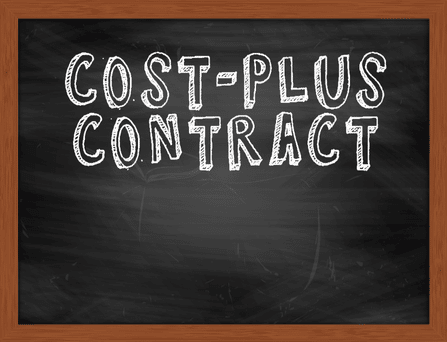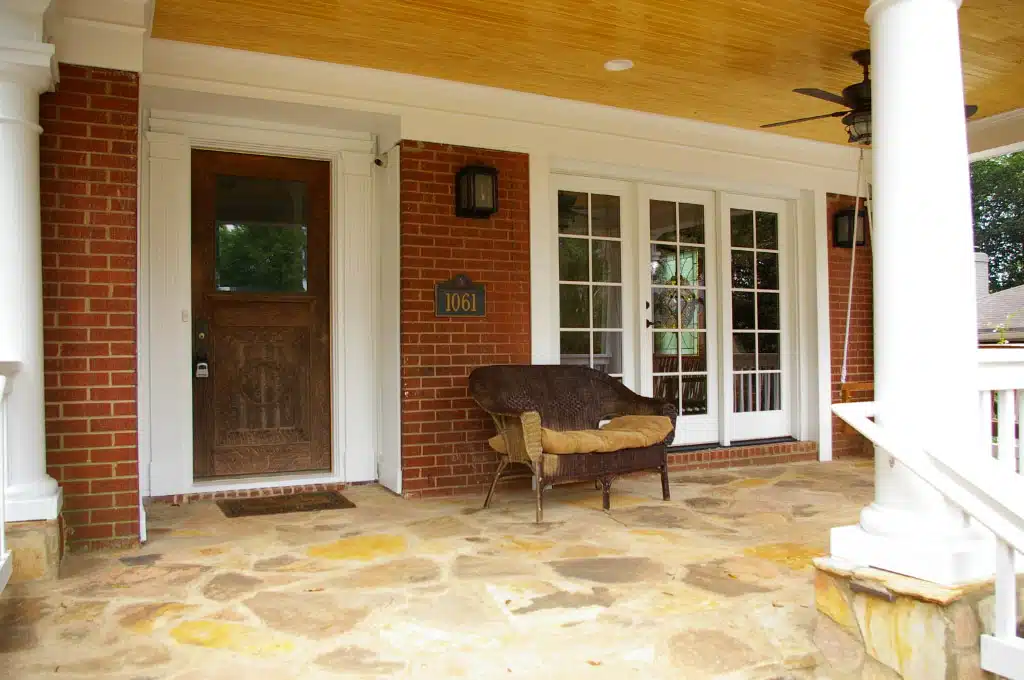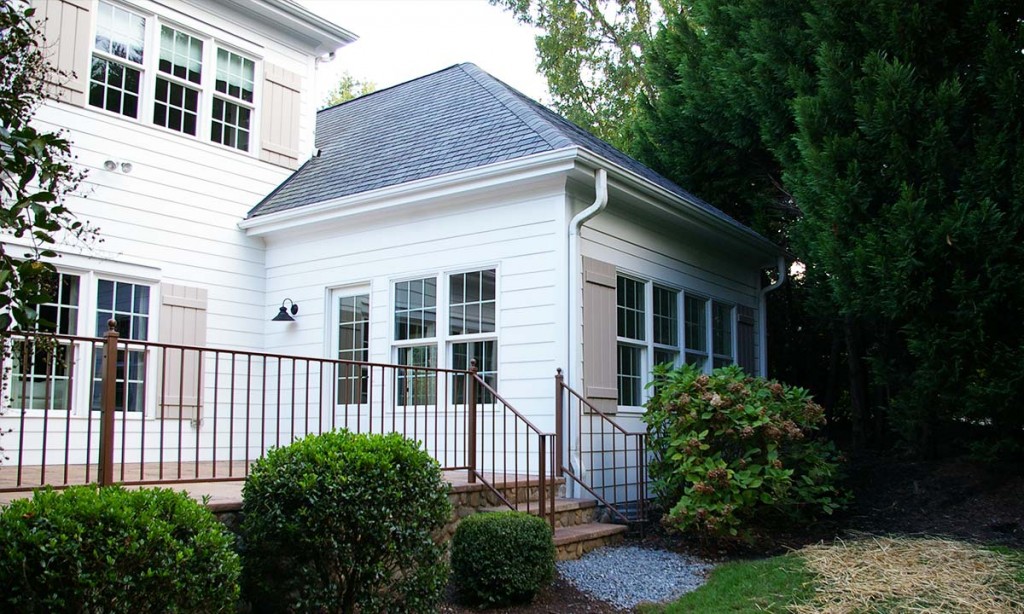
Homeowners: Beware of cost-plus contracts
Cost-plus contracts are a controversial method of pricing responsible for the vast majority of construction litigation.
There are many questions that homeowners ask when they begin to research a remodeling project, and one of the first ones that comes up is how their contractor is pricing the project. There are two primary pricing methods: fixed cost and cost plus.
In a fixed cost contract, the contractor sets the price upfront, based on their best estimate of the materials they’ll purchase and the labor they’ll invest. A cost-plus contract, on the other hand, does not set a final price. Instead, it says the homeowner will pay the actual costs of materials and labor plus a set percentage markup (the contractor’s profit margin).
Some inexperienced homeowners may initially lean toward cost-plus, erroneously believing that it will be saving them money. They believe that if a project comes in under budget, they’ll pocket the “savings.” (We’ve even seen a well-respected national publication advocating this lately – much to the distress of true industry professionals!) In reality, cost-plus contracts are a controversial method of pricing responsible for the vast majority of construction litigation.
First, this pricing method tends to be used by inexperienced contractors who don’t know how to accurately estimate costs. This can lead to huge problems for homeowners if the project that an inexperienced contractor tells them they can expect to cost, say $10,000, suddenly mushrooms to $20,000. With a cost-plus contract, the homeowner either pays the price or is left with a project that is not complete. Some of the better cost-plus contracts include a “not to exceed” clause, which sets an upper limit on costs.
But another key issue with cost-plus is determining exactly what costs are. There are some things that a consumer might consider part of a contactor’s cost of doing business, but the contractor might consider a legitimate charge to the homeowner. We’ve heard of people arguing over everything from dumpster rental and temporary utility connections to permit fees and even insurance costs. The fact is that a cost-plus contract lends itself to these contested issues and ambiguities.
Even in cut and dried cases of purchasing materials, a wise homeowner working under a cost-plus contract should be reviewing receipts, which is quite an investment in time that can, in some cases, also delay construction.
Finally, another consideration that comes up when homeowners discuss costs is haggling. Some homeowners feel that they can negotiate on a cost-plus contract by talking the contractor into taking a lower percentage of profit. In reality, a qualified professional understands their material costs, labor costs and what they require to effectively run their business. Remember, your home is your most important investment. If the contractor you hire seems overtly ready to negotiate, that’s an indication that they don’t have a firm understanding of their costs or a realistic grasp of the financial side of their business. In that case, they won’t be in business long enough to stand behind their work.
When you begin your remodeling project, invest your time in finding and vetting a qualified, professional remodeler; check their references and previous work; make certain that their skills and experience are a good fit for your project and their personality is a good fit for your family, and then work with them to see your project through to its beautiful conclusion.






